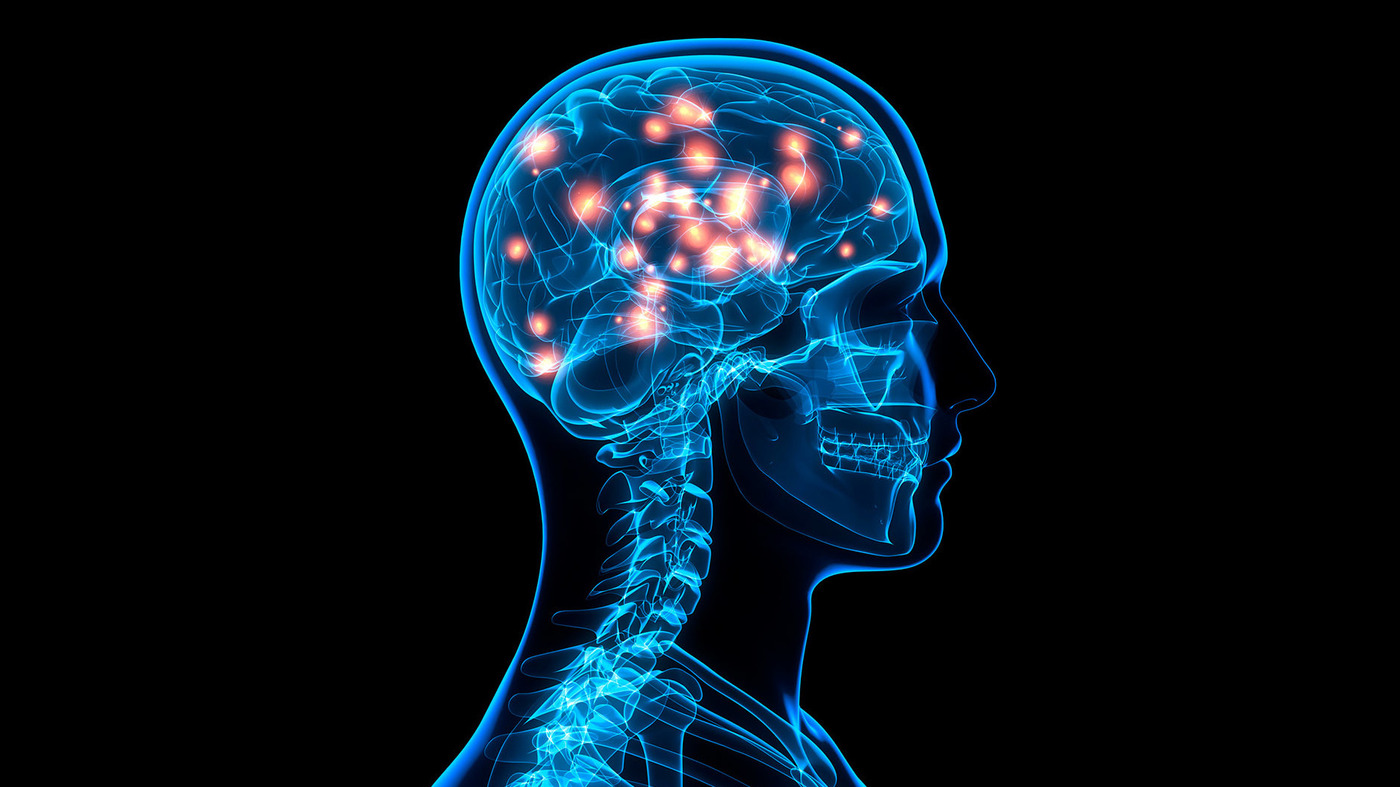A team of researchers at the University of Colorado and Binghamton University have mapped, for the first time, the molecular structure of an aggressive protein aggregate which prompted the progression of Alzheimer’s disease.
Alzheimer’s, a neurological condition, causes a steady decline in memory and cognitive function. The condition begins during the potential formation of fibrils from beta amyloids, which subsequently leads to fewer brain cells.
In the findings, published in the peer-reviewed journal PNAS, researchers examined fibrils using a high-resolution solid-state nuclear magnetic resonance spectroscopy. Based on their research, by serving as seeds for increased fibril deposition, the fibrils may increase the risk of Alzheimer’s progression.
The findings also demonstrated how the fibrils could contain distinct variation in the molecular structure of amyloid depositions.
“This work describes a molecular structural model for a pathologically relevant beta-amyloid fibril variant. We showed that this variant could lead to rapid seeding of new amyloid fibrils, which potentially contributes to the spreading and amplification of amyloid deposition in human brains,” said Wei Qiang, co-author of the study.
“Approximately 10 percent of Alzheimer’s cases result from familial mutations. The other 90 percent cases are caused by misfolded wild-type amyloid proteins,” Qiang explained. “We need to understand the molecular basis of the disease pathology. In doing so, we might one day create drugs that prevent the degenerative effects of the disease.”
“We have already obtained exciting results and a new manuscript describing these further finding is in preparation.”


